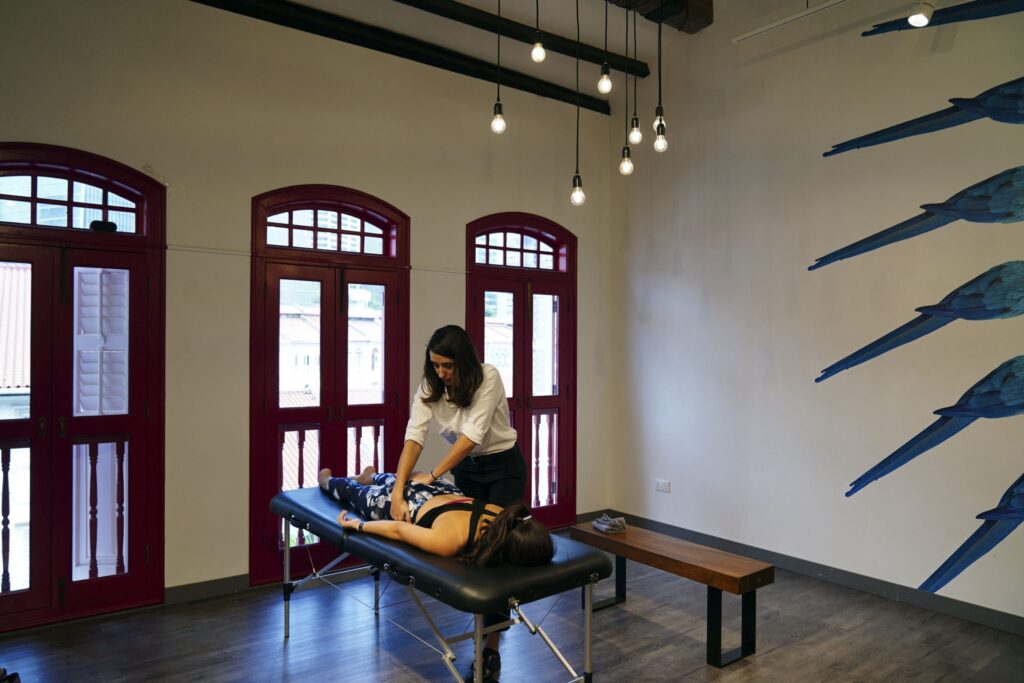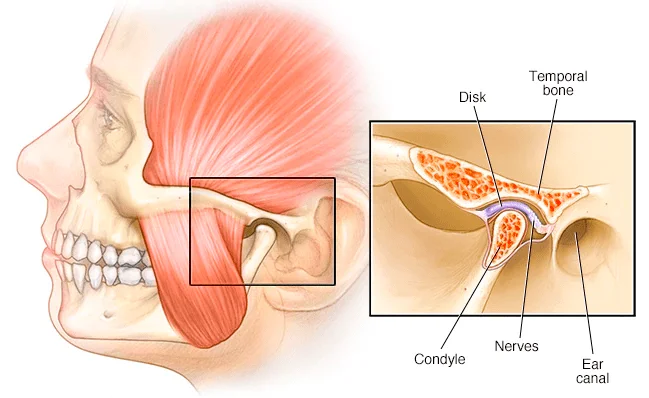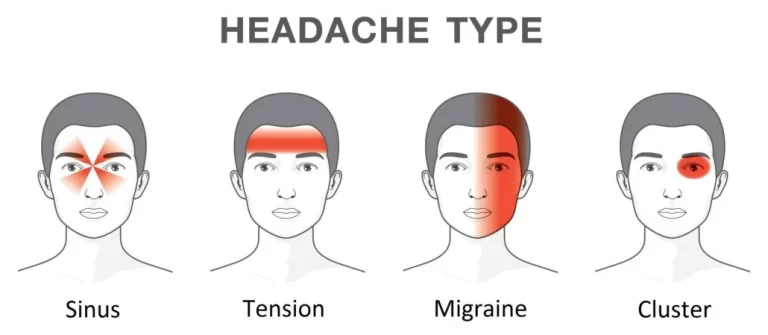How To Maintain Good Sleep Hygiene?
Up on the cosy fourth floor of Lululemon Duxton, also known as the Luoft, an expert from Orchard Health Clinic whipped open a therapy table and gave complimentary one-on-one consultations and on-the-spot treatment.
We sat down with an osteopath at Orchard Health Clinic who gave us three tips to maintain good sleep hygiene and improve sleep quality.
Sleep hygiene is a behavioural and environmental practice developed in the late 1970s as a method to help people with mild to moderate insomnia. It is a variety of different practices and habits that promote good night-time sleep quality and full daytime alertness. Obtaining a healthy sleep amount of seven to eight hours is important for both physical and mental health.
Here is how to improve your sleep and recharge your energy levels:
Stay away from your electronics an hour before bedtime
Blue light from lamps, mobile phone, computer and TV screens can make it difficult to fall asleep as it inhibits melatonin release to the brain. Keeping electronics out of the room will strengthen the mental association between your bedroom and sleep. If you have your phone/computer close by, the temptation of using them will be higher and it will wake up your brain resulting in broken sleep.
Make sure your room is cool enough
Your bedroom should be around 20 degree Celsius for optimal sleep experience. A dark environment will also facilitate good sleep. Use heavy curtains, blackout shades or an eye mask to block light to tell your brain to switch off. Mattress and pillows should be comfortable. Lower the volume of outside noise with earplugs or a ‘white noise’ appliance.
Cultivate an active and healthy lifestyle
Avoid heavy, fatty or spicy food as they can trigger indigestion and heartburn. Caffeine should be avoided six hours before bedtime as well as sugar as they are stimulants that can keep you awake. Alcohol is well-known to help you fall asleep faster, but too much close to bedtime can disrupt sleep in the second half of the night. It is better to limit alcohol consumption to one to two drinks per day and to avoid drinking within three hours of bedtime. Refrain from using tobacco products too close to bedtime. As little as 10 minutes of aerobic exercise such as walking can drastically improve night-time sleep quality. It will be best to avoid strenuous workouts close to bedtime as it stimulates the body to secrete the stress hormone “cortisol” which helps activate the alert mechanism in the brain. Try to finish exercising at least three hours before bed.
Struggling with Sleep Despite Good Habits?
Sleep challenges can sometimes be linked to underlying physical tension or postural imbalances that affect rest quality. An osteopathic assessment may help identify contributing structural factors. Learn more about seeing an osteopath in Singapore.






